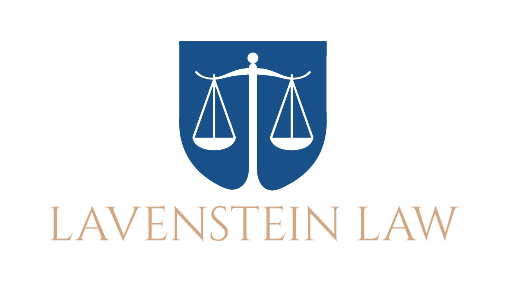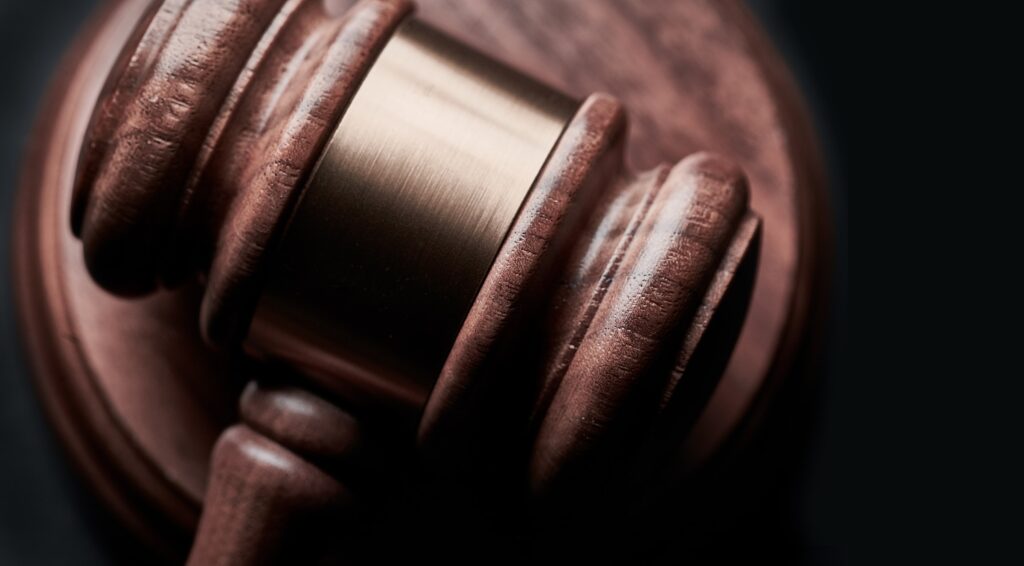By: Marcus Rodgers
[ad_1]
A warrant of arrest is issued by the court ordering law enforcers to detain a person. Basically, arrest warrants are issued if there has been a crime that was committed and there is enough evidence to incriminate a suspect, and if the person named in the warrant committed the crime.
However, there is also warrant of arrests issued if the person in question failed to show up in court. For example, if you have outstanding parking tickets and you fail to pay for it or to show up for court to hear your case, then an arrest warrant may be issued in your name.
There are also search warrants that give the authority to search a person’s premises. Although this is not necessarily an arrest warrant, if the authorities found narcotics or other evidence that point to a particular crime, they can automatically arrest you without the warrant of arrest.
Another type of warrant is called the bench warrant. This is basically issued to people who have skipped their next scheduled court appearance. The superior court warrant is also another type of warrant issued by the county court or the Supreme Court. This secures the appearance of the defendant on court who has been indicted.
These are the types of arrest warrants that are commonly used by the law. It is important to remember that having arrest warrants is a serious thing and that you should not try and ignore it. If you do not remember committing any crime, and you have an arrest warrant in your name, then you may want to try getting the arrest warrant reviewed as you may have been a victim of identity theft.
What’s a Felony Warrant?
People don’t understand that there are different kinds of warrants that can be issued by the court. One of which is called the felony warrant. Basically, if this type of warrant was issued, the person in the warrant can be arrested for felony charges or for crimes that he or she committed.
One example would be the case of Paula Poundstone who was arrested on a felony warrant. The charges were three counts of lewd acts on a 14 year old girl. She was also charged for endangering two unidentified girls and two boys by driving under the influence.
This is an example of a case where felony warrants can be issued. Although the three lewd acts charges were dropped, she underwent a 180 alcohol rehabilitation program.
Felony warrants lasts until the authority arrests the person who was charged with a particular felony act.
Felony warrants are public documents which can be legally and freely viewed by the public and is a serious type of warrant that should not be ignored. It is important that you should try searching for felony warrants in your name in order to make sure that you are free from any felony charges that you may not know about.
You have to consider that fact that people may use your identity and you may be charged with a crime under your name that was committed by another person who used your identity to commit the crime.
This is what felony warrant is all about. Lewd acts or conduct is just one type of crime that felony warrant may be filed against you.
What is a Civil Warrant?
There are a lot of people who fills out a civil warrant or a civil summons form. However, not many people know about it and that they often mistake it for an arrest warrant. So, just what is a civil warrant and where is it used?
Basically, a civil warrant is commonly issued in the small claims court when filing suit. The plaintiff will be requested to fill out a civil warrant or a civil summons form. In this form, it will contain space for the details of the claim. If you are seeking for a money judgment, then you might want to prepare and file a type of civil warrant called the warrant in debt.
Another type of civil warrant that is commonly issued is called the warrant in detinue. This is used by the plaintiff in order to obtain a possession of a specific personal property that he or she considered to be wrongfully possessed or withheld by the defendant. These forms can be filled out by a non-lawyer who is representing him or herself.
The civil warrant is basically commonly used in the small claims court. In order to file it, you will need to give the court clerk the name of the defendant, the amount of your claim, the basis of the claim, the current address of the defendant, and the sufficient funds to pay the fees, such as the filing fee and the sheriff’s fees in order to serve the warrant.
As you can see, the civil warrant is basically simple to understand. These warrants are basically used in the civil court and are commonly used by filing small claims.
What is an Alias Warrant?
You’ll see that there are quite a lot of types of warrant. If you are studying law or that you have an interest with the law, it is important that you should know about the different types of warrants in order for you to become more informed and more aware about the proceedings of the law. Even if you are a regular person, having knowledge about the different kinds of warrant can help you in case you or someone you know has been issued with a type of warrant.
One type of warrant is called the alias warrant.
Basically, the alias warrant is a type of warrant that is issued by the court when no plea has been entered on the case you are involved in, particularly if you failed to appear in court. This type of warrant can be issued if you also fail to appear on the initial appearance on the citation or you have failed to appear on court on the scheduled court date.
You have to remember that when you receive and sign a citation, this is as good as a promise that you will appear in court. If you fail to appear, you will automatically have two cases instead of one. This additional offense is called Failure to Appear, which is under the Penal Code.
This type of warrant gives the authority to arrest you. You can bond out of jail by cash bond, bail bond, attorney bond, or PR bond.
As you can see, alias warrants should be taken seriously. You need to appear in court in person or by mail on the scheduled court date. Or else, you will be charged with an additional offense and an alias warrant will be issued on your name.
[ad_2]
Source














